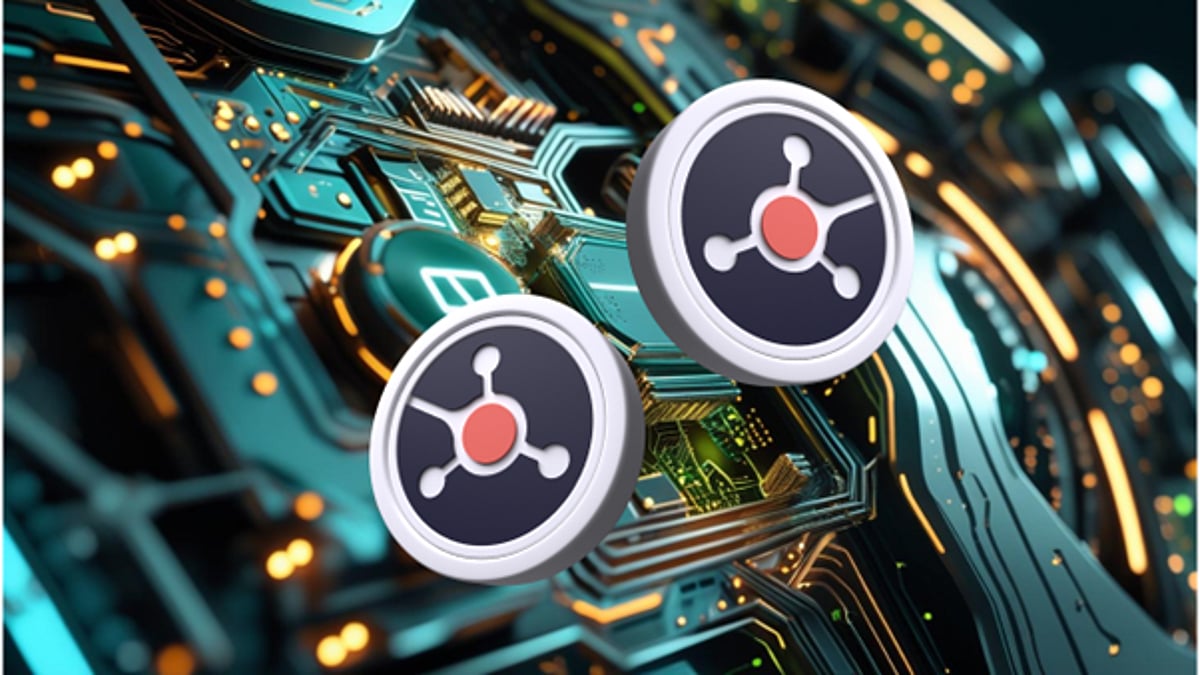AI Innovations and Legal Challenges: A Comprehensive Look at the Future of Technology
Author: Oliver Harvey

In recent years, artificial intelligence (AI) has increasingly become a pivotal force in various sectors, reshaping how we interact with technology and each other. With advancements in AI-powered applications and autonomous vehicles, there is much to discuss regarding the capabilities, implications, and the ongoing debates surrounding these technologies.
Perhaps one of the most talked-about developments in AI is the advent of driverless cars. In the UK, AI-powered robotaxis are set to revolutionize urban mobility. Testing indicates these vehicles possess features reminiscent of high-tech gadgets seen in spy films, outfitted with sophisticated sensors, cameras, and software that allow them to navigate complex environments and traffic situations. Such innovations could make transportation safer and more efficient by minimizing human error. However, as these technologies prepare to hit the roads, they also invite scrutiny over current road laws and safety regulations.

AI-powered robotaxi ready for urban mobility testing in the UK.
As technology marches forward, the collaboration between AI and traditional sectors such as transport is evident. Companies are investing heavily in the development of AI-powered features for their vehicles, leading to an exciting intersection of worlds where transportation meets advanced intelligence. However, one element that seems to be missing from the excitement is comprehensive public education about these technologies and their potential impacts on daily life.
Alongside the evolution of driverless cars, the cryptocurrency landscape is also witnessing significant changes. Ruvi AI, for instance, has recently gained attention in the crypto community. Priced attractively for early investors, this token is preparing for a major audit, signaling a potential take-off for investors looking for opportunities in the tech-savvy market. The combination of AI with blockchain is reshaping how transactions are made and paving the way for smarter investment strategies.

A visual representation of Ruvi AI's potential in the cryptocurrency market.
While these advancements present a bright future, challenges also loom large. As AI influences creative fields, controversies are beginning to arise surrounding copyright and ownership. Recently, a coalition of major entertainment companies, including Disney and Universal, filed a lawsuit against AI generators like Midjourney. These studios argue that unauthorized AI-generated images, which include beloved characters, infringe on their IP rights. This legal battle raises pressing questions about the intersection of creativity and mass production in the age of AI.
In addition to the legal disputes, another realm where AI technology is impacting lives is in social media and communication. For instance, Google has announced its integration of AI into tools like Gboard, enabling users to create custom stickers effortlessly. As digital interactions become an integral part of daily life, it’s essential to consider how these advancements affect user experience and privacy.
Gboard's new feature allows users to create custom AI-generated stickers.
The breadth of AI's impact spans several industries, showcasing both potential and challenges. In the gaming world, for instance, new platforms are emerging that leverage AI to enhance the trading experience on social media platforms like Telegram. Bitronix has launched the first AI-driven gaming trading platform, allowing users to navigate a complex market environment more effectively. As these platforms democratize advanced trading tools, they raise questions about accessibility and the future of trading.
As we delve deeper into the AI-generated landscape, Wikipedia's recent pause on AI-generated summaries is yet another story that highlights the community's concerns. Editorial teams raised issues about the accuracy and reliability of AI-generated content, urging for a reevaluation of how AI can be integrated while still preserving the platform’s integrity. This incident reflects a broader struggle within organizations to balance innovation with trust and reliability.

Wikipedia's decision to pause AI summaries after editor revolt showcases the challenges of implementing AI in established platforms.
As we look at these developments, the landscape of AI continues to evolve, challenging existing norms and opening doors to endless possibilities. From driverless cars that promise an upgrade in transportation safety to legal battles that seek to redefine ownership in a digital world, the conversation surrounding AI is multifaceted and ongoing.
In conclusion, while AI continues to innovate and transform various industries, its journey is riddled with challenges that need to be addressed collaboratively. As society embraces these technologies, it is crucial to ensure ethical considerations and legal frameworks evolve in tandem to protect creativity, privacy, and public interests. The future of AI is bright, but it must align with the principles of fairness and accountability.